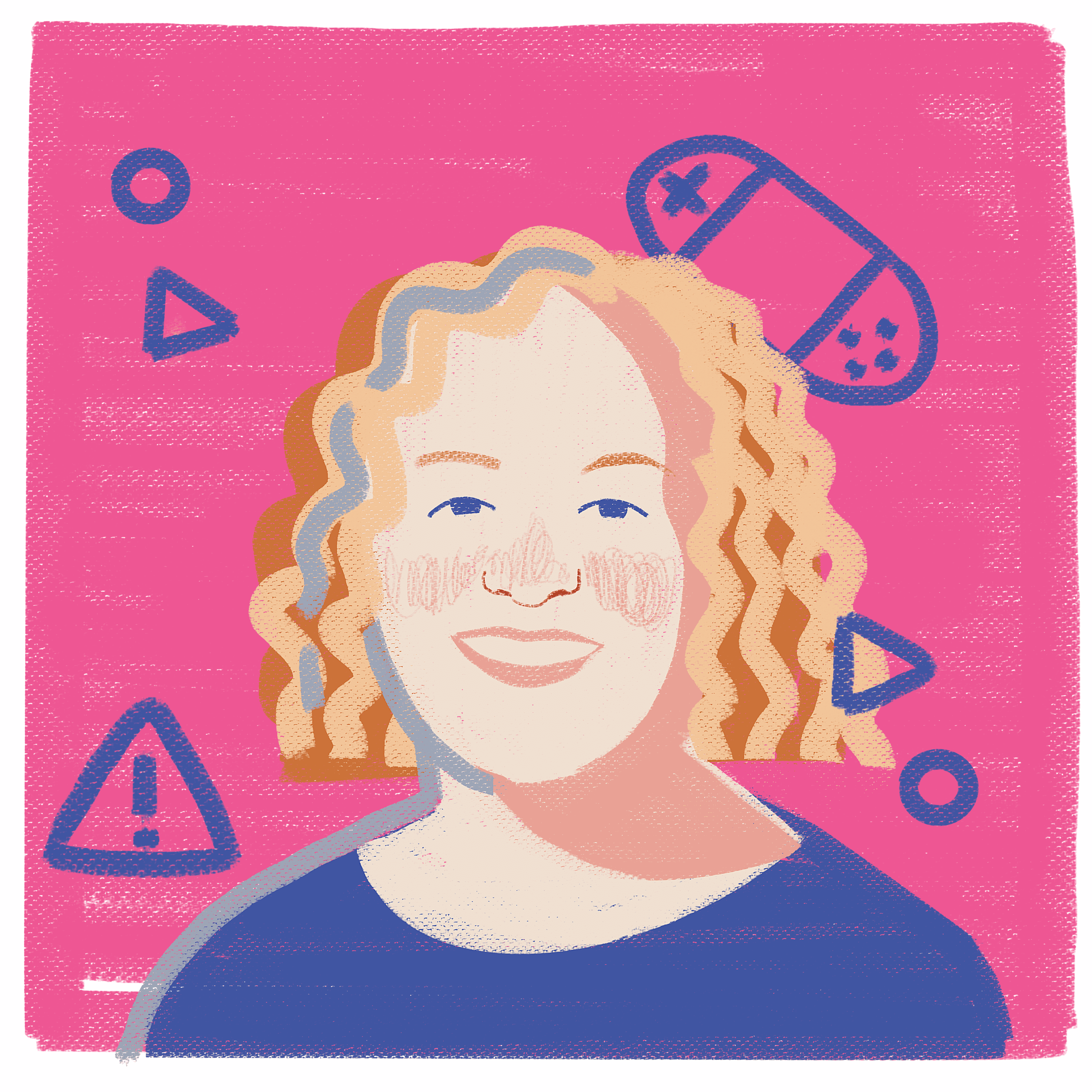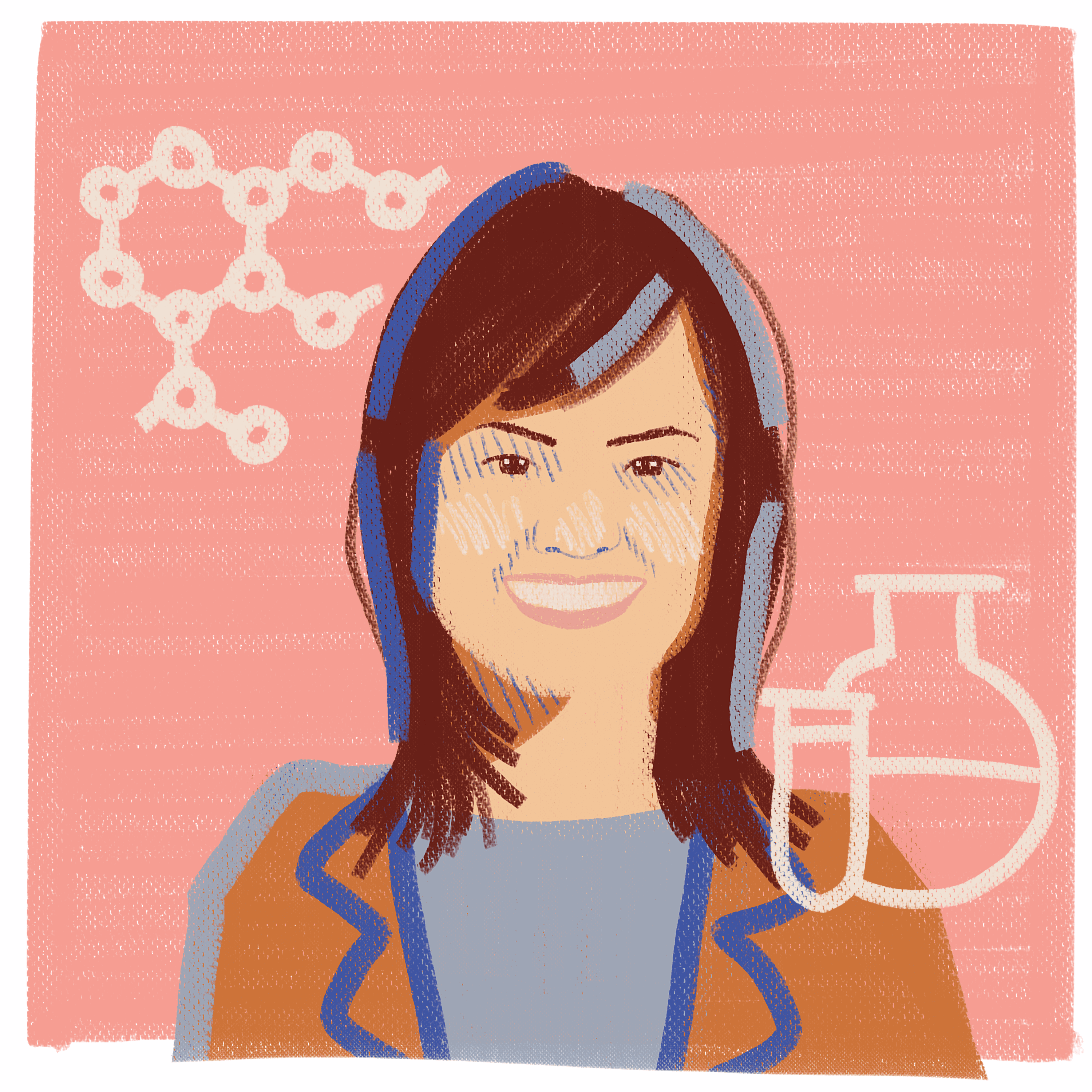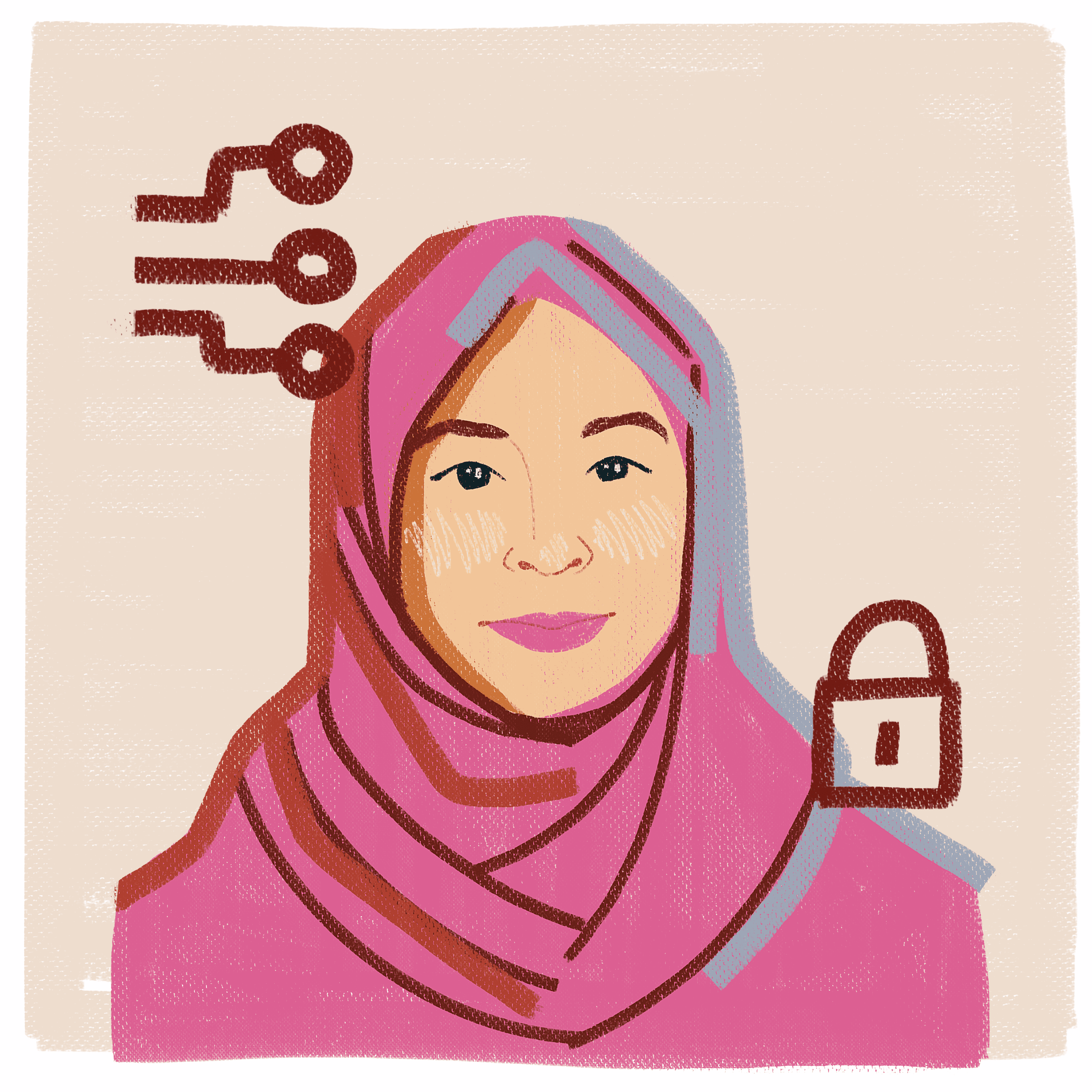Professor Anna L. Cox

Anna Cox holds a PhD in Cognitive Science & HCI from the University of Hertfordshire and a Masters in Human-Computer Interaction (HCI) from the University of London.
Since her thesis on Exploratory Learning was published, Anna has published extensively in the areas of Human Error, Digital Games, Habit Formation, and Personal Informatics. Her current research focuses on improving productivity and the well-being of the employee with digital technology. At UCL, she leads the eWorkResearch group from the UCL Interaction Center [UCLIC].
Professor Anna is a member of the CHI Steering Committee (Factors in Computing Systems), and was a Specialized Consultant in the Digital, Culture, Media and Sports Select Commitee at the House of Commons, for her 2019 research on immersive and addictive technologies. She served in senior positions in the program and in the organizing committees of various high-level HCI conferences, including as general co-president of the technical program CHIWORK 2023m, president of the technical program CHI2018 and CHI2019, and general president of the CHI PLAY 2015 and 2016.
According to the professor, her interest researches in STEM began when she noticed a change in workplaces from the 1990s on, and personal computers became common in offices all over the world. This led to many benefits regarding how, when, where, and with whom we can work. Later still, the introduction of smartphones allowed for even more flexibility. However, these changes brought some unexpected challenges — because we could work from anywhere and at any time, we found ourselves working everywhere and all the time. Her research, thus, looks into how we can redesign our technology and use it to regain control of our lives.
In her opinion, the STEM fields need more feminine representation because “men and women do not have the same experiences and, thus, unsurprisingly, do not have the same research interests. A world shaped exclusively by researched made by men would be a world that does not discuss the challenges faced by women and non-binary people. Diversity in science helps us create a better world for all.”


